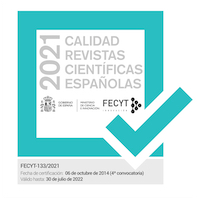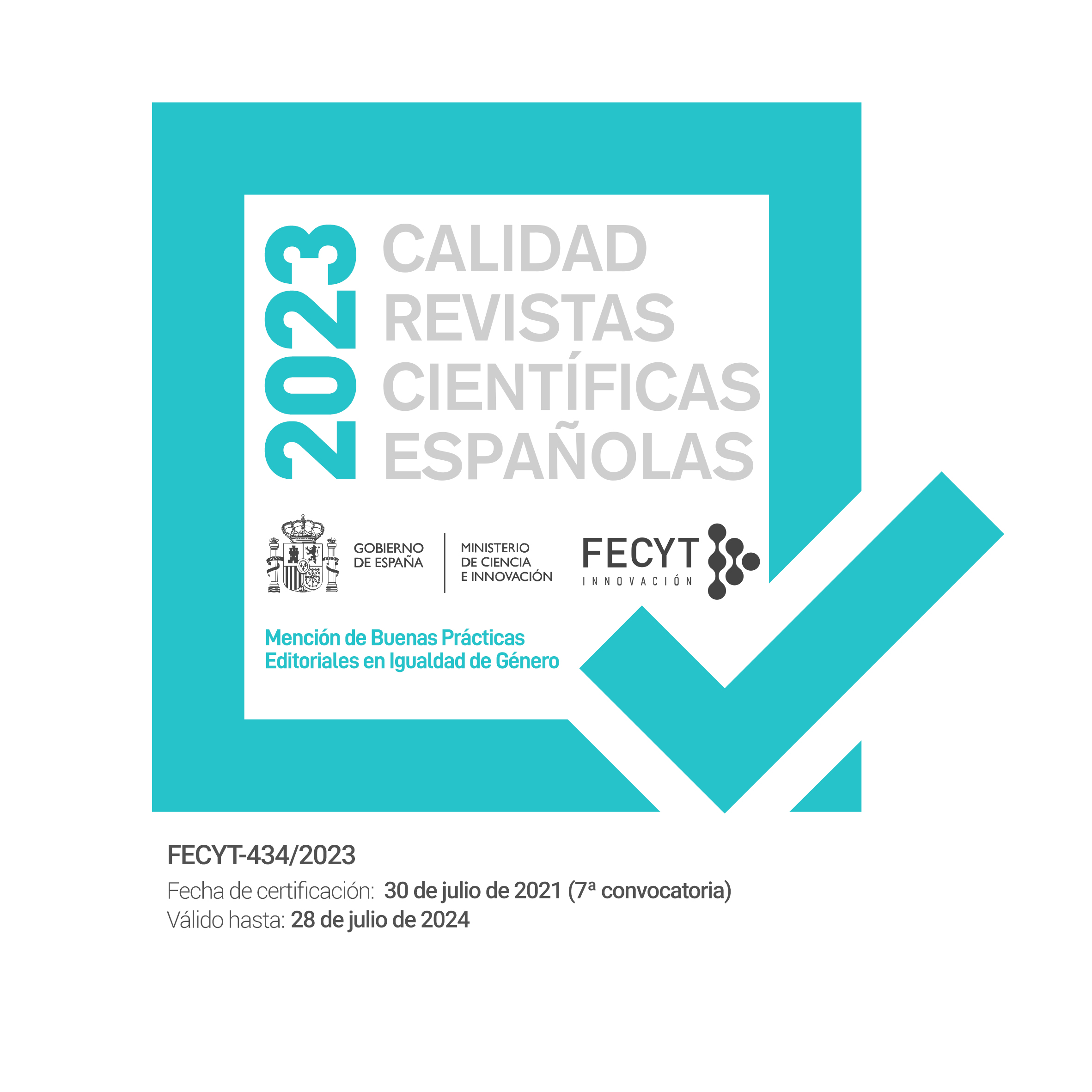L'Islanda come un Paese occidentale. Come classificare la legge della Chiesa medievale in lingua vernacolare
Parole chiave:
Norwegian Concordat, Canon Law in the Vernacular, 13th Century Icelandic Church LawAbstract
Iceland’s subjection to the king of Norway in 1262-64 was followed by a legislation in which a law book for Church and spiritual matters was composed in the vernacular for each country. Such law was implemented in Iceland in 1275 along with a separate secular law book in 1281. Both books remained in force until the middle of the 16th century. A church law that was separate, both from the secular law and that of Roman Church appears to set Iceland apart from other Western European countries where spiritual matters were governed according to the Latin law of the Roman Church. This has been viewed as an indication of constant rivalry
between the religious and secular authorities, usually presenting the Church as an overreaching and even oppressive institution against which laity struggled. But a comparison of Icelandic Church law with the Latin Canon law shows that the Church in Iceland submitted entirely to the authority of the Roman Church and thus shows that the Icelandic Church law was, despite its obscure language, a specific representation of the law of the Roman Church. A Norwegian concordat from 1277 shows the king’s recognition of separate spiritual and temporal jurisdictions. This cooperation is readily apparent in later court cases.
Keywords: Norwegian Concordat; Canon Law in the Vernacular; 13th Century Icelandic Church Law.
Riferimenti bibliografici
<div>
<div>Bagge, Sverre. “Kirkens jurisdiksjon i kristenrettssaker før 1277.” <em>Historisk tidsskrift</em>, 60 (1981).</div>
<p>Berman, Harold. J. <em>Law & Revolution II. The Impact of the Protestant Reformations on the Western Legal Tradition</em>. London, 2003.</p>
<p>Bernharðsson, Haraldur., Lyngdal Magnússon, and Jónsson, Már. <em>Járnsíða og Kristinréttur Árna Þorlákssonar</em>. Reykjavík, 2005.</p>
<p>Halldórsson, Ólafur. <em>Jónsbók. Kong Magnus Hakonsson lovbog for Island. </em>Copenhagen, 1904.</p>
<p>Helmholz, Richard H. <em>The Spirit of the Classical Canon Law. </em>London, 1996.</p>
<p>Keyser, Ruloph, and Munch, Peter Andreas. <em>Norges gamle love</em>. Vol. II. Oslo, 1848.</p>
<p>Kuttner, Stephan. “St. Jón of Hólar: Canon Law and Hagiography in Medieval Iceland.” <em>The History of Ideas and Doctrines of Canon Law in the Middle Ages</em>. London, 1980.</p>
<p>Landau, Peter. “The Importance of Classical Canon Law in Scandinavia in the 12th and 13th Centuries.” <em>How Nordic are the Nordic Medieval Laws (</em>2005): 24-39.</p>
<p>Lyngdal Magnússon, Magnús. <em>Kristinréttur Árna frá 1275. Athugun á efni og varðveizlu í miðaldahandritum</em>. Háskóli Islands, 2002.</p>
<p>Magnúsardóttir, Lára. “Case(s) of Excommunication.” <em>Liber Amicorum Ditlev Tamm - Law, History and Culture</em>. Copenhagen, 2011.</p>
<p>Magnúsardóttir, Lára. <em>Bannfæring og kirkjuvald á Íslandi 1275–1550. Lög og rannsóknarforsendur.</em> Reykjavik, 2007.</p>
<p>Seip, Jens Arup. <em>Sættargjerden i Tunsberg og kirkens jurisdiksjon</em>. Oslo, 1942.</p>
<p>Sigurðsson, Jón, and Þorkelsson, Jón. <em>Diplomatarium islandicum: Islenzkt fornbrèfasafn: sem hefir inni að halda brèf og gjörnínga, dóma og máldaga, og aðrar skrár, er snerta Ísland eða íslenzka men</em> <em>834-1589 I-XVI.</em> Copenhagen, Reykjavík, 1857-1972.</p>
<p>Sigurjónsson, Arnór. <em>Vestfirðingasaga: 1390-1540</em>. Reykjavík, 1975.</p>
<p>Storm, Gustav. <em>Norges gamle love</em>. Vol. V. Oslo, 1895.</p>
<p>Þorkelsson, Jón. <em>Morðbréfabæklingar Guðbrands biskups Þorlákssonar 1592, 1595 og 1608, með fylgiskjölum</em>. Reykjavík, 1902-1906.</p>
<p>Vodola, Elisabeth. <em>Excommunication in the Middle Ages</em>. Berkeley, 1986.</p>
</div>
<p> </p>
<p> </p>
</div>
<p> </p>
<p> </p>









